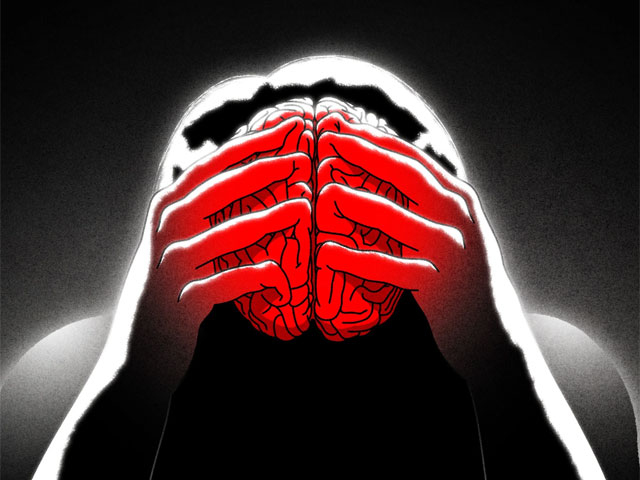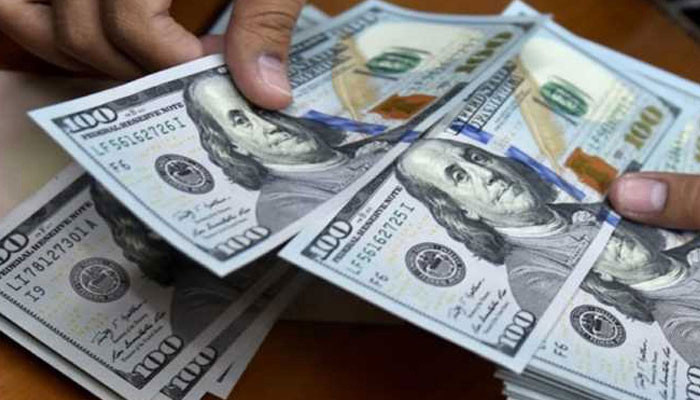Atlanta: A new study conducted at Emory University in the United States has found that dopamine in the brain (feel-good and mood-enhancing hormone)-enhancing drugs have the potential to reduce neuroinflammation associated with depression.
In several laboratories around the world, inflammation has been shown to affect the brain’s ‘reward pathways’, leading to low mood and anhedonia (the main symptom of depression). Reward pathways are groups of brain structures that are activated by the sensation of pleasure, such as the consumption of tasty food or drugs.
Previous research at Emory University School of Medicine has linked inflammation in the brain to decreased dopamine release.
In a recent study, researchers found that levodopa, a drug called C-reactive protein (CRP), reduces the effects of inflammation on the brains of people with depression. CRP is a blood molecule that the liver makes and releases to fight inflammation.
The severity of inflammation can be easily measured with simple blood tests available in hospitals and laboratories.
In the study, 40 people suffering from depression were selected in order of CRP levels from highest to lowest. After the subjects were given a dummy drug (placebo) or levodopa (a drug used in epilepsy patients), their brain activity was scanned twice.
The scan showed that levodopa improved brain function in patients with high CRP levels. Higher CRP was also associated with reduced anhedonia after taking levodopa in subjects with depression.
The study’s lead researcher and senior author and university associate professor Jennifer C. Felger said that levodopa’s effect is specific to people with depression who have high levels of inflammation.
(function(d, s, id){
var js, fjs = d.getElementsByTagName(s)[0];
if (d.getElementById(id)) {return;}
js = d.createElement(s); js.id = id;
js.src = “//connect.facebook.net/en_US/sdk.js#xfbml=1&version=v2.3&appId=770767426360150”;
fjs.parentNode.insertBefore(js, fjs);
}(document, ‘script’, ‘facebook-jssdk’));
(function(d, s, id) {
var js, fjs = d.getElementsByTagName(s)[0];
if (d.getElementById(id)) return;
js = d.createElement(s); js.id = id;
js.src = “//connect.facebook.net/en_GB/sdk.js#xfbml=1&version=v2.7”;
fjs.parentNode.insertBefore(js, fjs);
}(document, ‘script’, ‘facebook-jssdk’));



